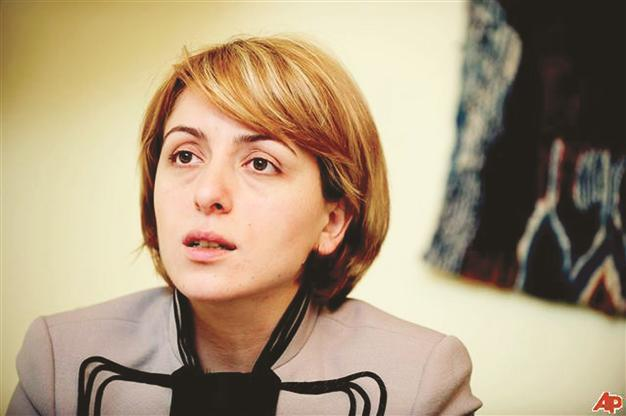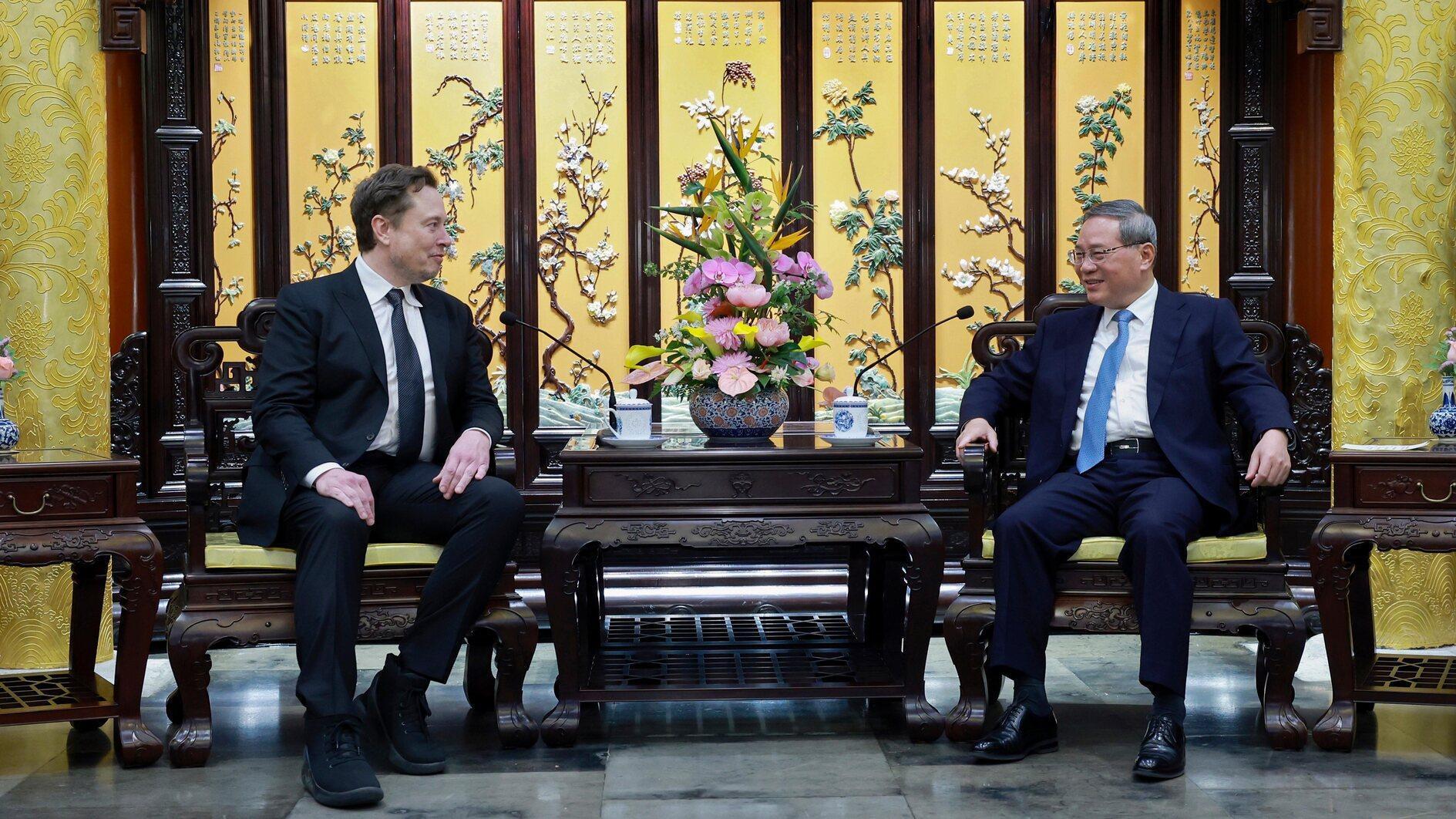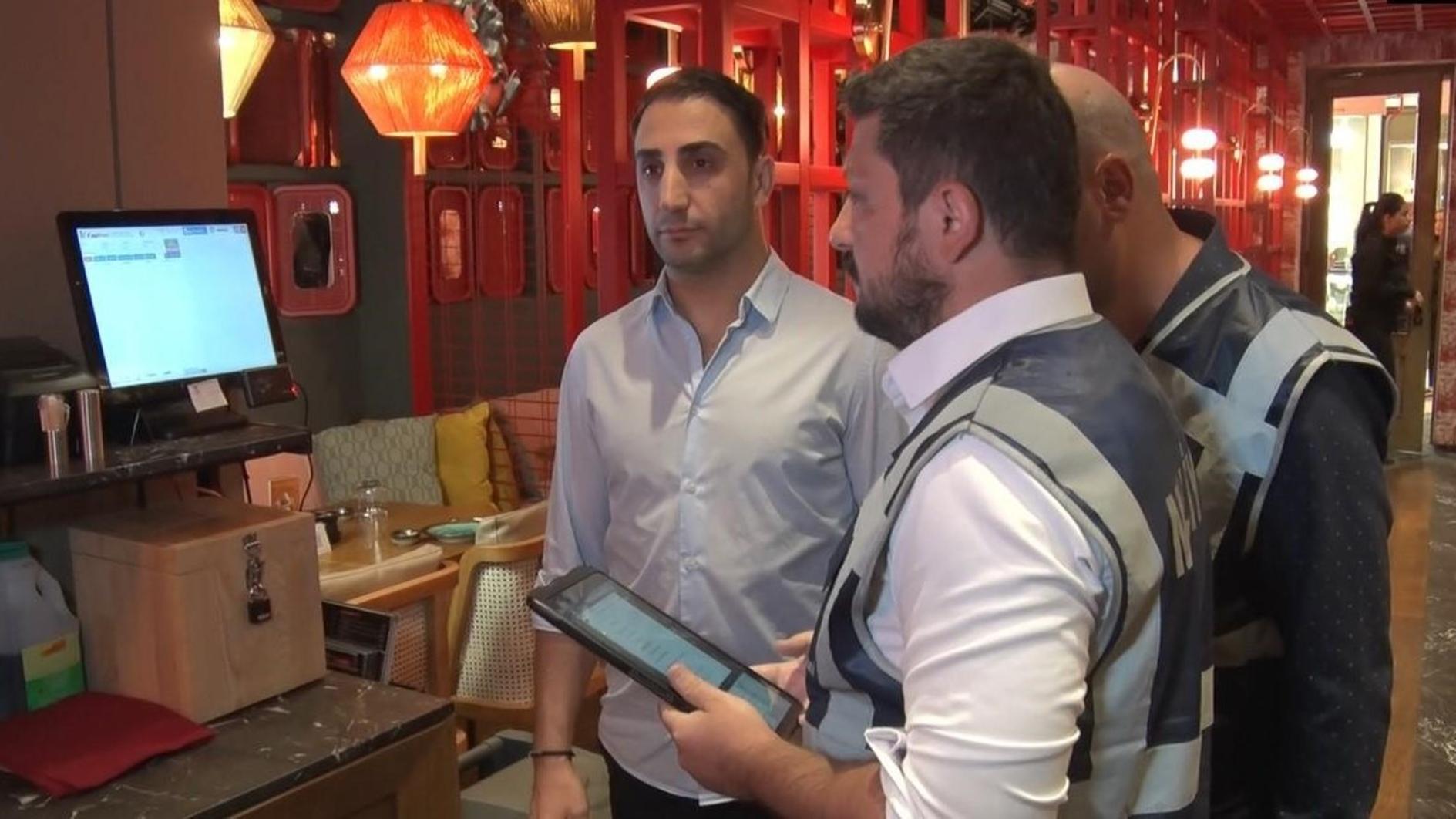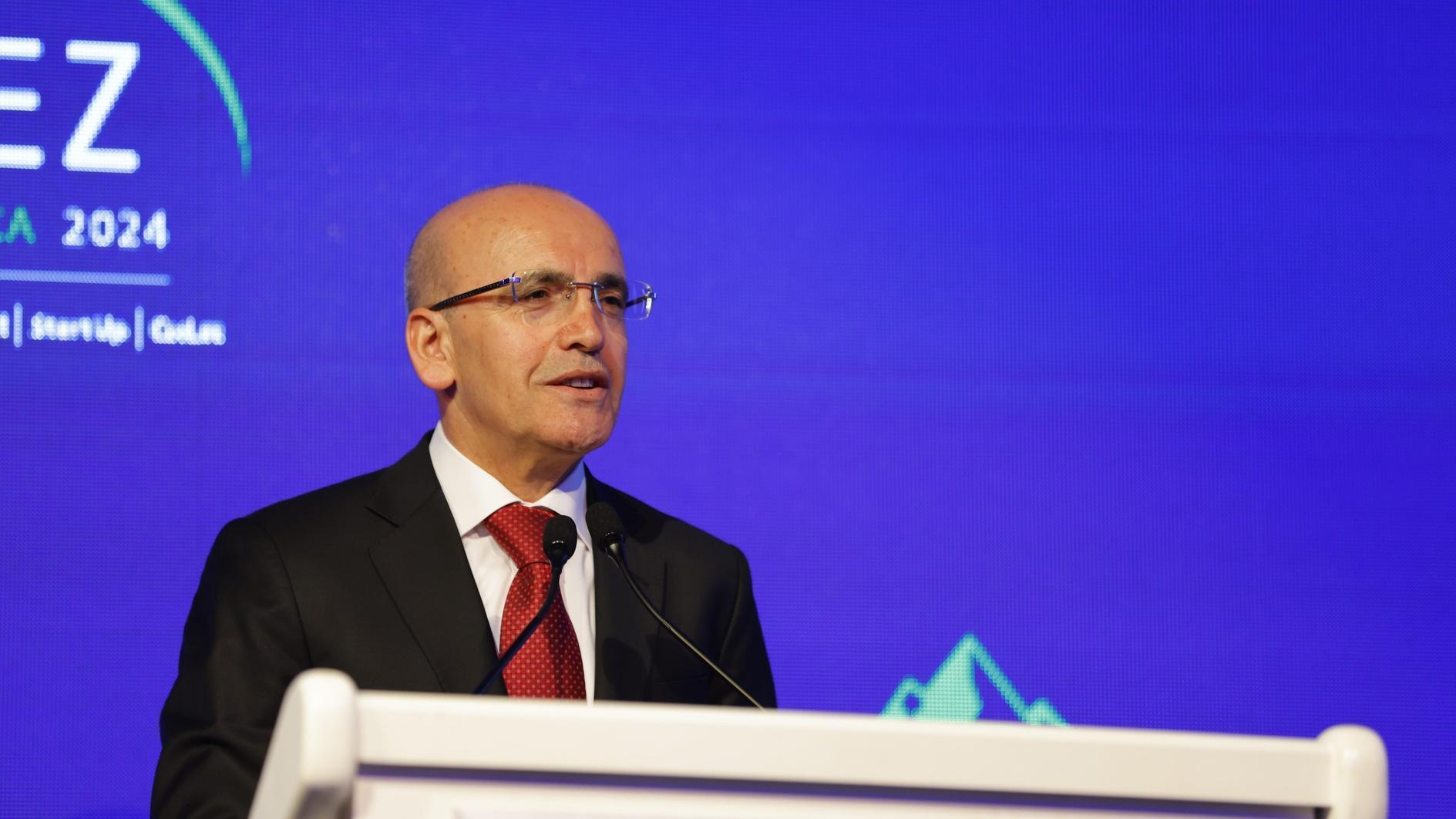Georgia eyes Turkish help on rebel zones
SEVİL KÜÇÜKKOŞUM ANKARA – Hürriyet Daily News

Ekaterine Tkeshelashvili. AP photo
Georgia is seeking Turkey’s cooperation on an action plan aimed at social engagement with the people of Abkhazia and South Ossetia, according to officials.
As part of the plan, Tbilisi has asked Ankara to arrange for travel documents allowing people of those regions to enter Turkey.
The two countries have been discussing ways to “develop confidence in reconciliation” between the regions which exist on either side of the occupation line, Georgian Deputy Prime Minister Ekaterine Tkeshelashvili told the Hürriyet Daily News on Nov. 23 in reference to the people in the breakaway republics of Abkhazia and South Ossetia.
The Georgian official said Turkey had been “engaged” with developing the plan since the beginning and would play a key role in the process of implementation. “We have been engaged with talks with Turkish government as well. Turkey was very supportive. We now just have some technical procedures we need to [implement],” she said.
Tbilisi is currently issuing status neutral documents for those people living in “occupied regions,” enabling them to travel to third countries if their citizenship has not yet been identified. “Those identities will be accepted everywhere in the world and [provide] them a legal framework for travel outside of Georgia,” Tkeshelashvili said.
Many of the preparations for the travel documents have already been completed, she said.
The moves are part of a Georgian strategy for social engagement between people who now live in the rest of Georgia and people in the breakaway regions of Abkhazia and South Ossetia, where large numbers of Russians settled following the war with Georgia in 2008.
The strategy will attempt to revive close relations between the “very multiethnic, vibrant societies” in the area. This is not about creating relationships but strengthening them, Tkeshelashvili said.
Making healthcare more accessible to people in these areas is part of the action plan but Georgia also intends to invest in the future of the younger generation “through educational opportunities trainings in the Georgian universities and common events which [young people] can enjoy with the children on the other side of the occupation line,” she said.
Work will also be conducted to introduce activities directed toward the preservation of Abkhaz and Ossetia cultural heritage, she said.
Abkhaz and Ossetian people are losing their cultural identity due to the prevalence of the Russian language, Russian educational opportunities and demographic change, Tkeshelashvili said.
















